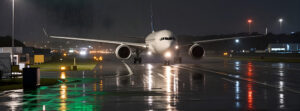After COVID it's airport chaos
If we are to believe the media then one would think that the UK is the worst for airport delays and cancellations and to be avoided at all costs. With airlines (Ryanair and Emirates) blaming the airports and the airports (LHR) blaming the airlines it is difficult for the traveller to know where to turn if a flight is cancelled or delayed.
One thing all sides are agreed on is the cause of all this chaos is the COVID-19 pandemic. Airport staff, ground crew, pilots and aircrew were laid off in their thousands and now there is a shortage in critical areas of the industry. The biggest and busiest operators, be it airports or airlines, are the hardest hit.
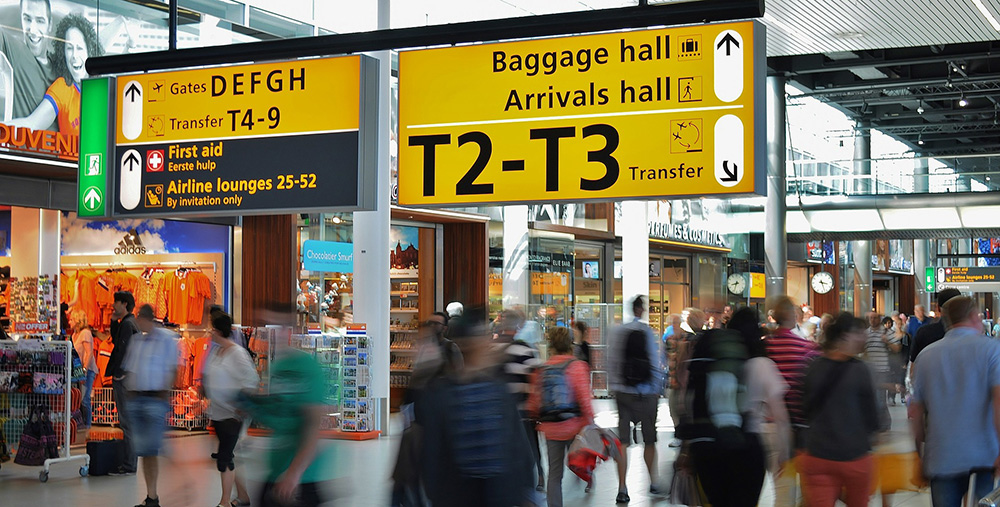
Which airport is worst for delays?
Whatever the reason and despite what the media would have us believe the UK’s airports are not the worst. CNN, on their website, recently reported on FlightAware’s cancellation and delays data for the end of May to the first half of July.
This showed that for delays Toronto Pearson Airport was the worst airport for delays followed by Frankfurt, Paris Charles de Gaulle and Amsterdam Schipol Airports. Toronto Pearson had more than 50% of flights delayed while Frankfurt, the worst in Europe, had 45.6%.
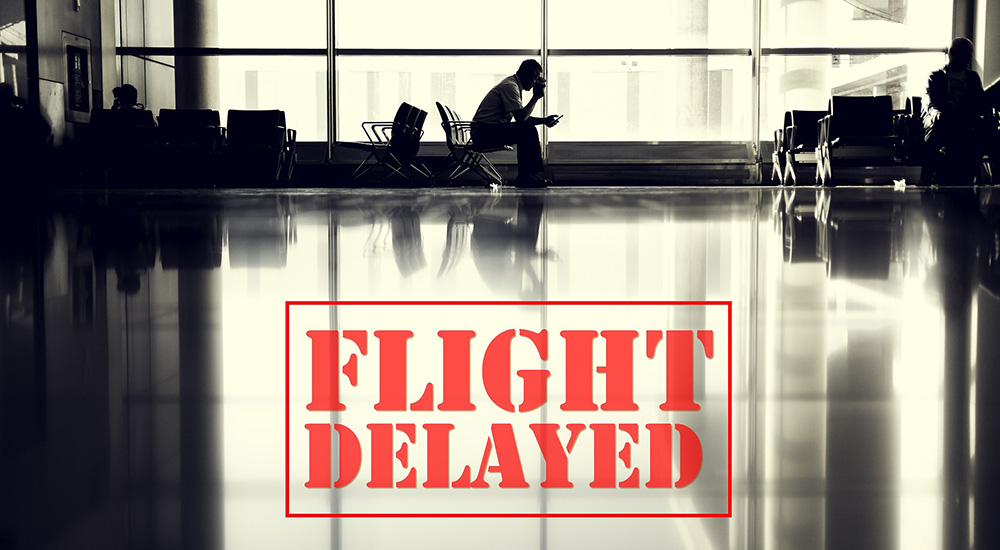
London’s Gatwick and Heathrow came in at 5th and 6th respectively with 41.1% and 40.5%.
The data shows that Europe was the worst for delays with seven airports in the top ten. In addition to Toronto, Sydney Kingsford Smith Airport and Orlando International Airport were also in the top 10.
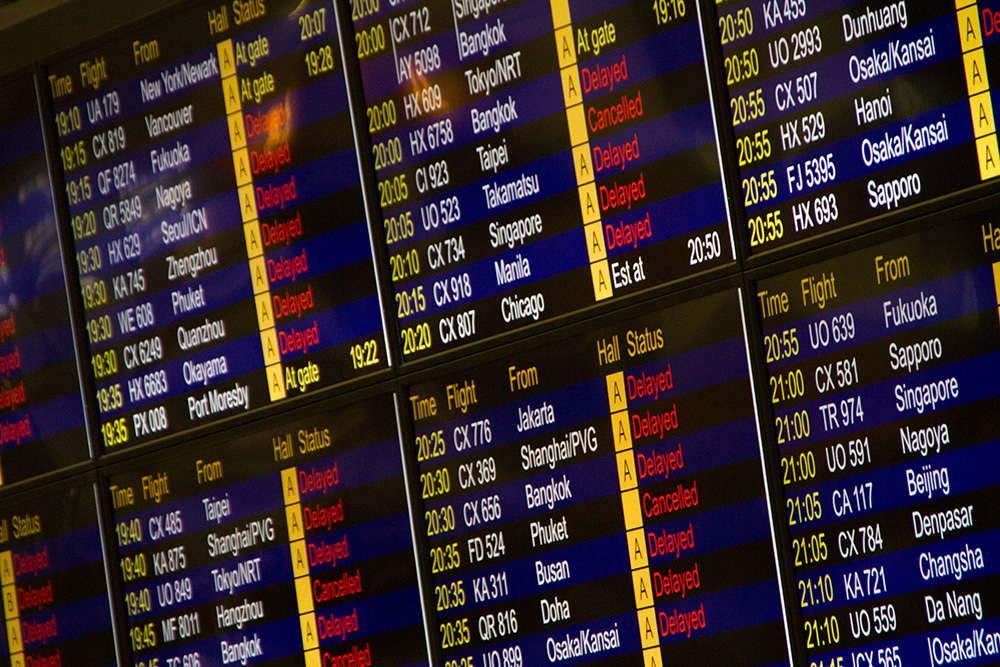
Flight cancellations
Frustrating though delays can be, cancellations are far worse. This is especially true for last-minute cancellations. The same data source reveals that three airports in the delays’ top ten are also in the cancellations’ top ten. Toronto Pearson Airport and Sydney Kingsford are at 4th and 6th respectively. Amsterdam Schipol Airport is Europe’s only representative in the top ten for cancellations. Asian and North American airports make up eight of the top ten.
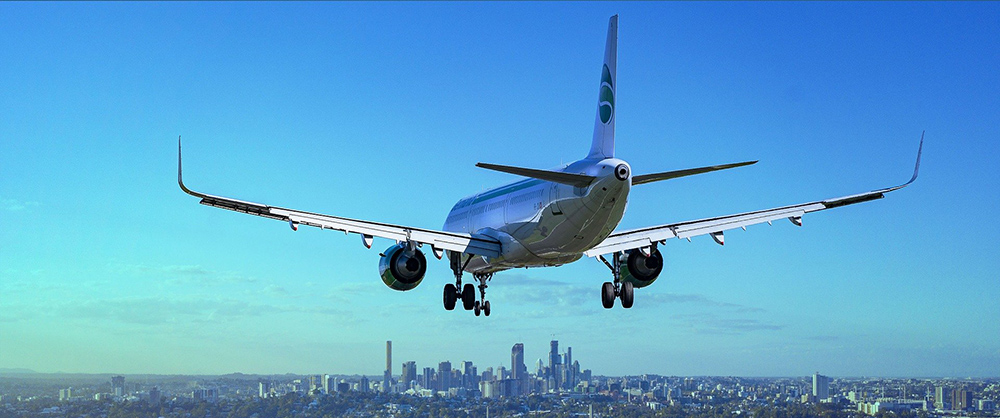
How does this help today's traveller?
Knowing the likelihood of airport delays or cancellations can help in planning your trip. Use alternative, smaller and less busy airports. Flights from regional airports are less prone to delays or cancellations. Not all delays are down to your departure airport or the airline.
Sometimes it is the destination the flight is arriving from that causes the delay. So, check where your flight is arriving from. Is it an airport that is noted for a high proportion of delays? Alternatively, take an early morning flight. Delays have a knock-on effect throughout the day and later flights may well be cancelled.
One final piece of advice: make sure your travel insurance covers delays and cancellations.
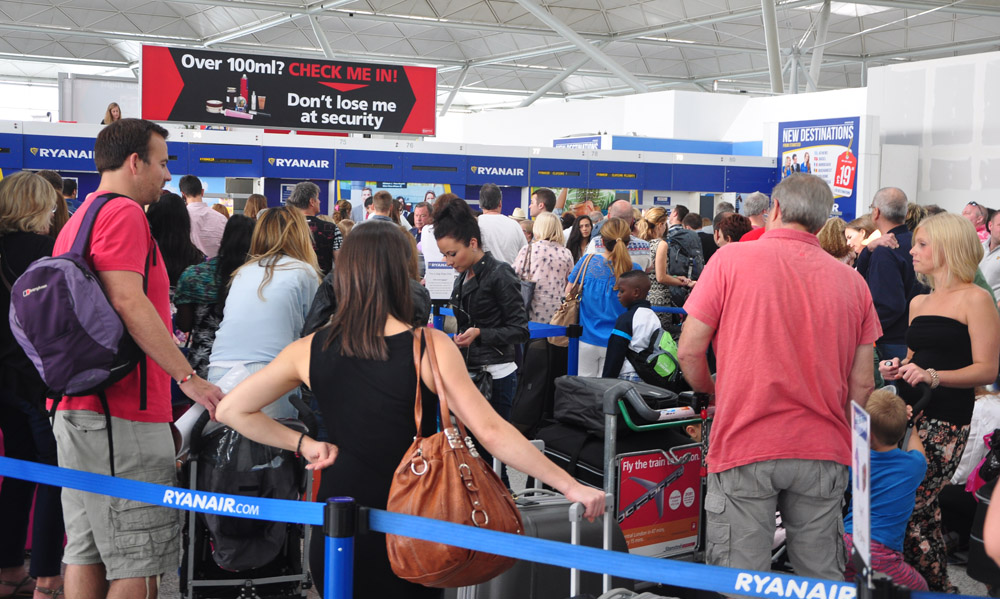
Flightless travel
With Europe high on the delays list now might be the chance to try out alternative, and greener, more environmentally-friendly forms of transport.
Consider taking the train. With Eurostar connecting our island nation with continental Europe, many of the cities of Europe can be reached quicker by train than by plane. Factor in delays to flights and European destinations even further afield can be reached.
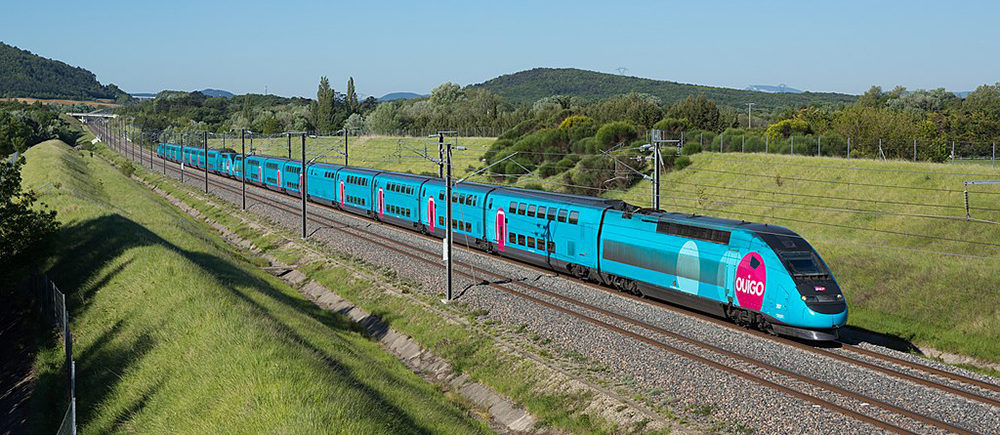
This book by Helen Coffey was intended to help travellers fly less and be more environmentally conscious. However, much of what she writes can be applied to those who want to avoid airport delays, cancellations and the subsequent chaos. It is a thoroughly entertaining read and should be in your luggage for reading during the inevitable delays.
